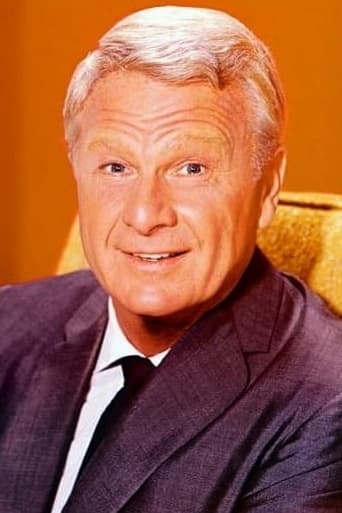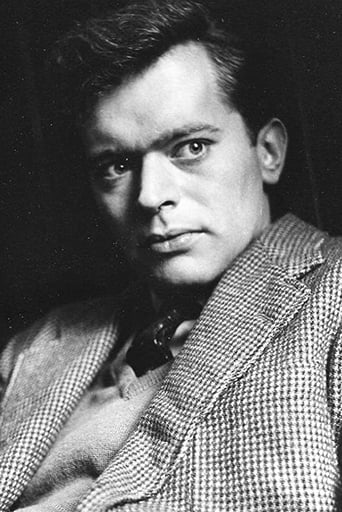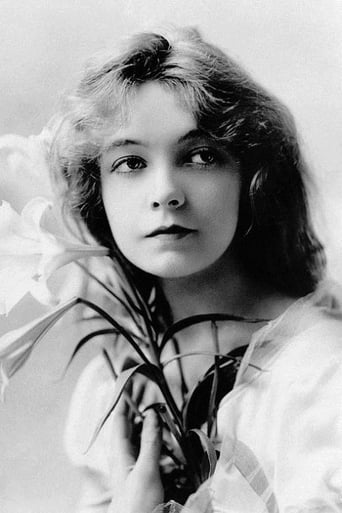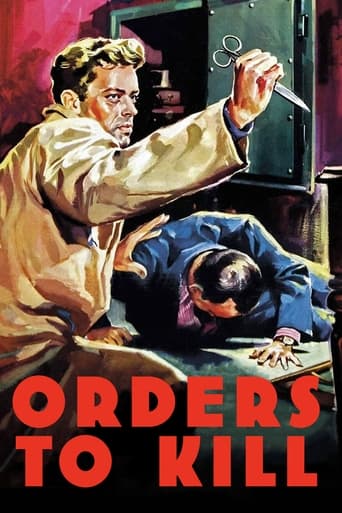
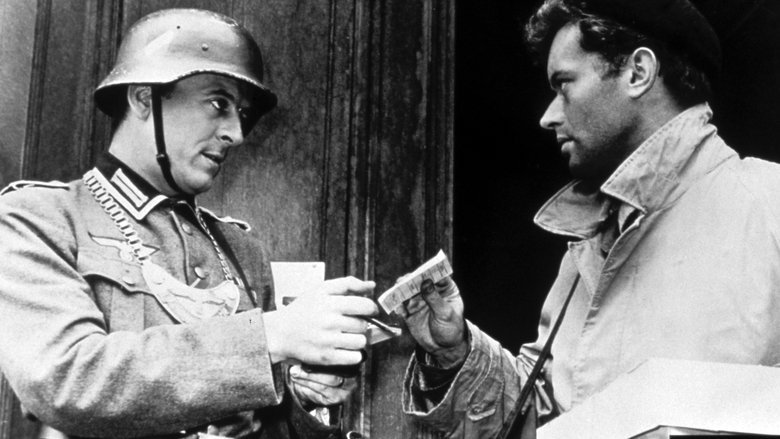
Orders to Kill (1958)
A grounded American fighter pilot is switched to espionage on a special job in which he must kill a small-time Paris lawyer suspected of double-crossing France by selling out radio operators to the Nazis.
Watch Trailer
Cast


Reviews
This wartime tale directed by Anthony Asquith confronts full-on the essential moral dilemma of the necessity to commit murder in the cause of war. It does not take place on a battlefield, but in the starker situation of a covert assassination of a man believed to be compromising the Resistance Movement in occupied Paris. The man chosen to kill the suspected person is played by the young actor Paul Massie, aged 26. It was his first credited screen role, and he does an excellent job. For some reason, this highly talented and promising young actor never achieved the prominence in his career which he would seem to have deserved. After 1973, he only worked four times (the last time in 1996), and he died in 2011. The other film for which he will be remembered is SAPPHIRE (1959, see my review). The most powerful performance in this film was delivered by Irene Worth, as the character Léonie. Massie is sent to Paris to kill the suspect man, and Worth is his contact, with whom some very tense scenes indeed transpire. Worth's embittered intensity is very convincing and deeply disturbing. Lillian Gish appears briefly early on in the film as Massie's mother, but it is not a significant part. Eddie Albert is very good as a commanding officer, and James Robertson Justice has immense gravitas and a suitably ominous quality as the man who trains Massie how to kill an individual quietly and quickly by taking off a pair of long socks and turning them into a murder weapon. Leslie French is superb as the unfortunate Marcel Lafitte, who is wrongly suspected of having betrayed the Resistance, whereas he is not only innocent but a gentle, caring soul who loves his family and his cat and would not hurt a fly. The film is based on a novel by the American author Donald Downes, another of whose novels was filmed as THE PIGEON THAT TOOK ROME (1962). This film starts very slowly because Asquith and his writers are so keen to make their moral point that they dwell on the minutiae of Massie's recruitment and training to carry out his assignment. Today that would be sketched in a couple of minutes, but in this film it takes a long time. Once the action gets going, the film becomes very tense indeed, and finally it becomes very grim, as we face the moral dilemma. Asquith was clearly determined to make this film in this way because he was trying to examine the dilemma and drive home its insolubility. In a sense, we could call this fifties film a true existentialist film, in keeping with the prevailing philosophy of that Heidiggerian decade. It explores 'what a man must do' and the 'nausea' following his actions. It bears some resemblance to the concerns of André Malraux, who in the novel MAN'S FATE contemptuously says that anyone who has not killed someone face to face is 'a virgin'. One wonders if Jean-Paul Sartre visited the set, steeped in nausea, and whispered existential doubts into the ear of the director. Much of it is filmed on location in Paris, and there are some very fine and atmospheric location shots. This film evidently meant a great deal to Anthony Asquith, who had a social conscience which he wore somewhat on his sleeve, and we owe him the consideration of listening to his message, which after all is a very worrying one, even if we find it deeply disquieting.
Paul Massie, Eddie Albert, Leslie French, and Irene Worth star in "Orders to Kill," a 1958 film produced and directed by Anthony Asquith.Done in a low-key, realistic way, the story concerns a young American soldier, Gene Summers (Massie) who is chosen to go to France to kill an attorney who was a Resistance member, Lafitte (French) but has become a traitor. For Summers, it's an exciting assignment, and he relishes learning his new identity and being taught to kill either with his bare hands or by knife. One of the men in charge of his training, Major MacMahon (Albert) is afraid the ramifications of the job aren't real enough for him, but off he goes. His contact in France is Leonie (Irene Worth).All goes well until Summers actually meets LaFitte, who saves him from a Nazi roundup by hiding him in his office. When he sees that Lafitte seems like a gentle soul, he can't kill him. Then he meets LaFitte's daughter and wife. He appeals to Leonie -- maybe this man is innocent, maybe a further investigation is warranted. Leonie is a hard-nose and insists that he carry out his orders.Talky and slow-moving through a good deal of the film, it changes suddenly and becomes very suspenseful and exciting. Everyone underplays, making them somehow more realistic in their war-torn surroundings.Everyone is very good, but Irene Worth, a fantastic actress, Leslie French, and Eddie Albert are standouts. The workhorse role is Massie's, and he is very good in a role that required him to be extremely natural and even throughout.Very good.
Anthony Asquith,son of the Earl of Oxford,public school and University - educated,was a charming,intelligent and sophisticated man who made films that tended to reflect his personality."Pygmalion","The Winslow Boy","The Browning Version" were all popular with the moviegoers of Middle England who comprised his core audience.But in the late 1950s he suddenly changed tack and produced two extraordinary works debating the nature of courage,moral and physical."Carrington VC" starred David Niven,and "Orders to kill" featured Associated British contract actor Paul Massie. Canadian - born Mr Massie - slim,aesthetic - looking and sensitive - had a somewhat irregular movie career but won a richly - deserved BAFTA for "Most promising newcomer" for his performance as a French - speaking American flyer sent over to Occupied France to assassinate a Resistance member turned traitor. He is willing if not happy to kill from 20,000 feet up,but mano a mano is quite a different matter,particularly as the more research he does on his putative victim the more doubts he has about the man's guilt. He expresses his misgivings to his superiors but they are implacable,he must carry out his mission. "Orders to kill" brings into question the ethics of war just as "Carrington VC" does its effects on the individual. Is it ever "right" to take a human life even if such an act is sanctioned by Church and State?This is an argument familiar from the days of Capital Punishment,and a pillar of the stance of the Conscientious Objector. Will Massie's moral scruples be interpreted as cowardice by London in just the same fashion as would his refusal to fly any more bombing missions on similar grounds? Asquith reveals no easy answers. Not a War Film per se,"Orders to Kill" remains the British Cinema's finest examination of the minutiae of man's conduct in time of conflict. Generally ignored when Puffin Asquith's movies are discussed,it is criminally neglected and the work of a man of conscience who understood such insubstantial words as "Duty" and "Courage" and wasn't afraid to put a debate about their meaning to the cinema audience.
I've searched in vain for this very fine movie, which I saw many years ago and has clung firmly to my memory. It's about a cocky young soldier who is sent to kill a French collaborator. He later develops serious moral qualms about the mission.This film has a fine cast and has some very interesting touches. I am sure, for example, that those of us who have seen it still remember the collaborator's cat, who adds tremendously to the humanity of that character. At times, the tension and psychological pressure of this movie is almost unbearable. Filmed on location in Paris, I believe. The score, which also stands out in my memory, is melodramatic but appropriate.


